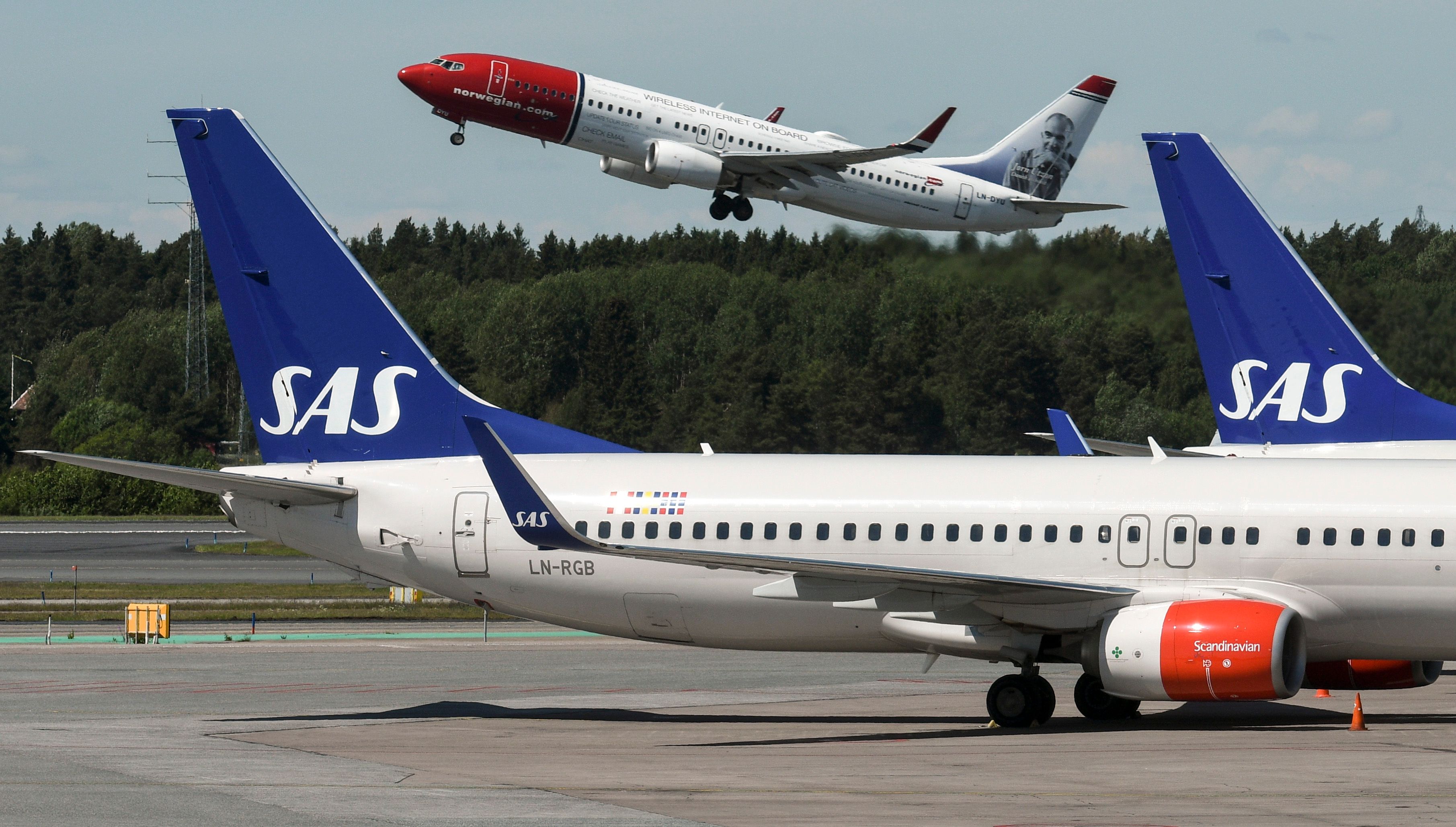Swedish airport operator Swedavia is on a mission to incentivize greener flying. The group, which runs ten airports in the country, has introduced new environmental emission charges that will penalize heavier polluting carriers while rewarding those who operate more environmentally friendly aircraft.
No loss in airport revenue
Swedavia has introduced an emissions guided charging model at its two largest airports, Stockholm Arlanda (ARN) and Göteborg Landvetter (GOT), following a government decision stating that airport charges should be differentiated for environmental purposes. The balance of the CO2 and NOx Emission Charges - some will pay less, some will pay more - means that overall airport revenue will remain stable.
The airport operator will work together with British digital service company Veovo, using the latter's revenue management software to automatically calculate charges from industry emission data sets. Veovo's digital platforms harnessing aviation's data is currently in use with airports all over the world, including Amsterdam Schiphol, New York JFK, Newark, Auckland Airport, and Perth Airport. The company's Chief Executive Officer, James Williamson, commented on the recent partnership with Swedavia,
"The industry’s drive towards increased sustainability and carbon neutrality requires a toolkit of innovative technologies and approaches, including charging that rewards cleaner aircraft. We are pleased that our aeronautical billing engine with complete charge flexibility will support Swedavia in their initiative.”
"Fossil-free" operations since 2020
As is often the case with the Nordic countries (Sweden is after all the origin of the concept of 'flygskam', or 'flight shame') Sweden's airports are frontrunners in the newfound momentum towards sustainability and a greener aviation future. Swedavia's own operations have been carbon-neutral since the end of 2020, and last year, it was given the Eco-Innovation Airport of the Year award by the Airports Council International (ACI).
The Swedish government's initiative 'Fossil-free Sweden' has set targets for the country's domestic flights to be completely fossil-free by 2030. The same goes for international flights to and from the country from 2045. While aviation accounts for about 2% of global CO2 emissions, aviation in Sweden accounts for 5% of the country's total. Lena Wennberg, Chief Sustainable Development Officer at Swedavia, said,
“Swedavia wants the travel of the future to be sustainable. For many years, we have actively worked towards a transition to more sustainable travel via our airports. By the end of 2020, Swedavia became completely fossil-free in our airport operations. Fossil-free renewable HVO-diesel is now being fuelled at our airports."
Have we seen the last of Swedavia's queues?
Its sustainability work may have Swedavia enjoying the good graces of policymakers and public. However, the 'queue chaos' that has unfolded over the past few weeks has had lawmakers and passengers alike direct criticism to the way the airports and staffing issues have been handled following the pandemic.
Having laid off too many employees during the crisis, Swedavia has not been able to re-staff operations in time to cope with a massive rebound in demand. The domestic Terminal 4 at Arlanda was reopened this week following two years of closure, which is intended to relieve some of the burden at security checks in Terminal 5. Passengers can also go through the check at Terminal 4 to then transfer to Terminal 5.
Do you think airports should charge airlines differently depending on how much they pollute? Leave a comment below and share your thoughts.


